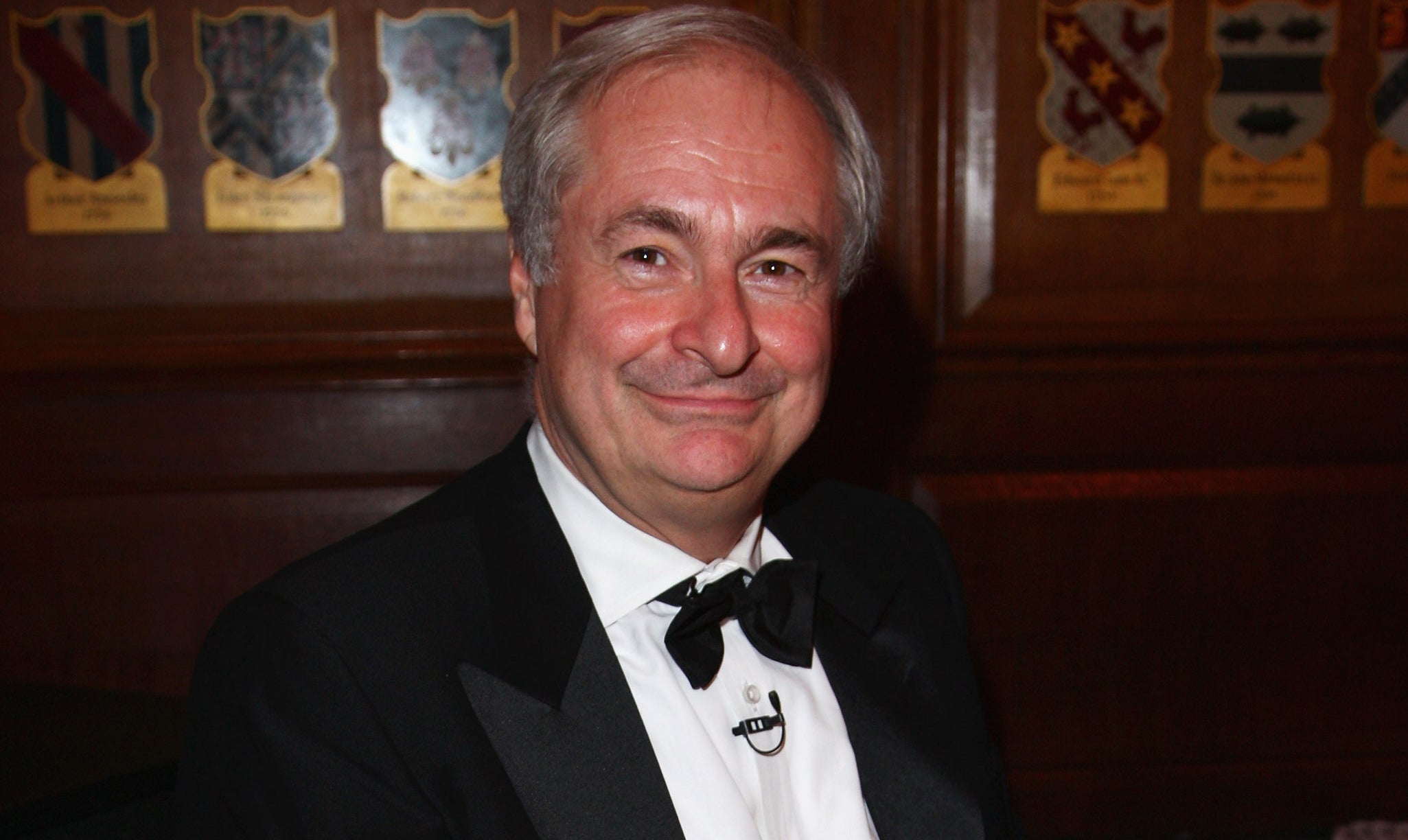BBC DJ Paul Gambaccini calls for rape suspects to have anonymity until they are charged
The broadcaster also wants tougher action against those who make false sexual assault allegations

Your support helps us to tell the story
From reproductive rights to climate change to Big Tech, The Independent is on the ground when the story is developing. Whether it's investigating the financials of Elon Musk's pro-Trump PAC or producing our latest documentary, 'The A Word', which shines a light on the American women fighting for reproductive rights, we know how important it is to parse out the facts from the messaging.
At such a critical moment in US history, we need reporters on the ground. Your donation allows us to keep sending journalists to speak to both sides of the story.
The Independent is trusted by Americans across the entire political spectrum. And unlike many other quality news outlets, we choose not to lock Americans out of our reporting and analysis with paywalls. We believe quality journalism should be available to everyone, paid for by those who can afford it.
Your support makes all the difference.Paul Gambaccini has called for rape suspects to be given anonymity until they are charged with an offence.
The BBC Radio 2 DJ was arrested on suspicion of sexual abuse in 2014 and held on police bail for a year until prosecutors determined there was insufficient evidence to prosecute him.
He was suspended by the BBC while on bail, a period he described as “12 months of hell” when he appeared before Keith Vaz’s Home Affairs Committee in March this year.
Gambaccini claimed to have lost £200,000 in legal fees and lost earnings during this time. He has strongly supported new bail reform measures introduced by the Home Secretary Theresa May which will introduce a 28-day time limit on police bail.
Speaking to BBC Radio 4’s Today Programme on Tuesday, the 66-year-old also called for people who make false claims of sexual assault to be arrested or to be offered medical treatment.
“We need anonymity before charge, as recommended by the home affairs select committee, and we need to look at false accusers and how we treat them,” he said. “False accusers need to either be prosecuted or offered medical attention.”
Gambaccini, who has released a book about his experience, criticised the Metropolitan Police for not publicly apologising after he was exonerated of the allegations and called for police to “listen carefully” to the accusations being made by alleged victims before charging a suspect.
“In these cases if the central accusation is false, the details around it are usually howlers,” he said. “I have found that false accusers gild the lily with details that can’t possibly be true.”
The charity Rape Crisis said it is already best practice for suspects not to be named by police until they have been charged, unless there is a specific need to do so, and would not challenge this.
However, Katie Russell, the national spokeswoman for Rape Crisis, stressed that false sexual assault allegations are extremely rare and called for rape suspects not to be given special treatment in comparison to those accused of other violent crimes.
She told The Independent: "Sensationalised media reporting of sexual violence cases, including aggressive pursuit and coverage of suspects before charge, is clearly an ongoing problem and to the detriment of sexual violence survivors and suspects alike.
“Our main concern, as a movement with 40 years’ experience of supporting and representing sexual violence survivors, is that the law not be changed to give suspects in rape cases exceptional treatment compared to suspects in cases of similarly serious and violent types of crime.
“Singling rape suspects out in this way would reinforce the harmful myth that they are more likely to be the victim of malicious false allegations than suspects in other crimes, and this is simply untrue.
“False rape reporting is very rare and levels of criminal justice for rape survivors are very low; both of these facts need to be taken into account when considering any changes to the current systems.”